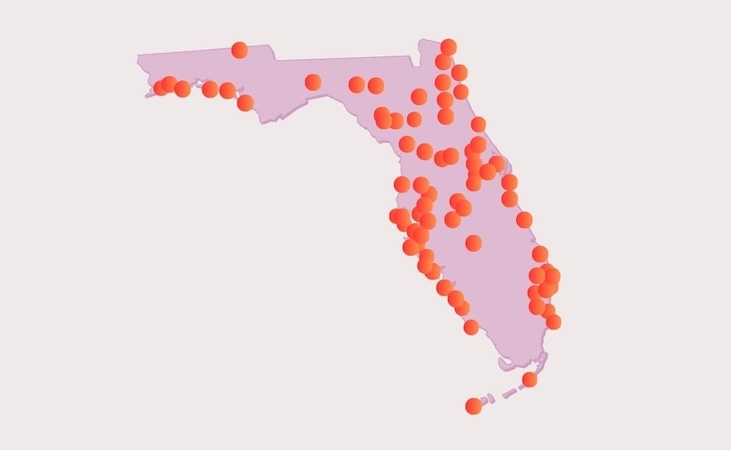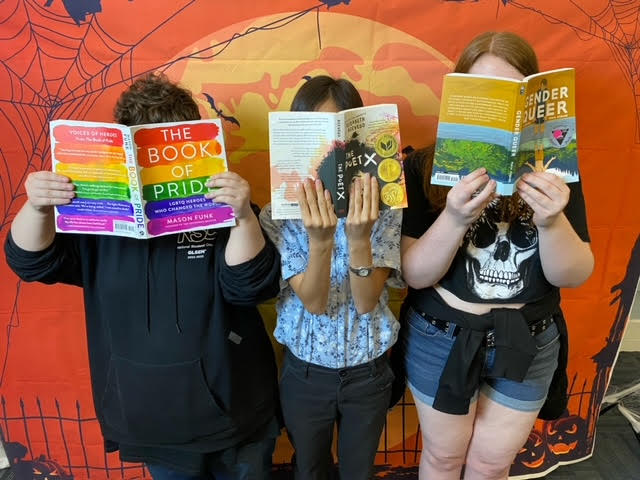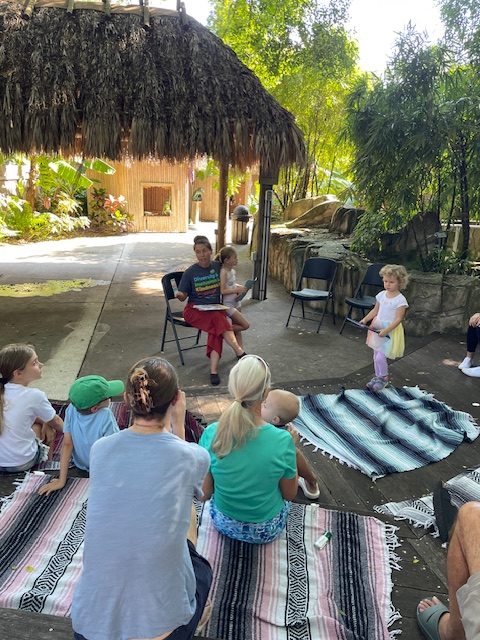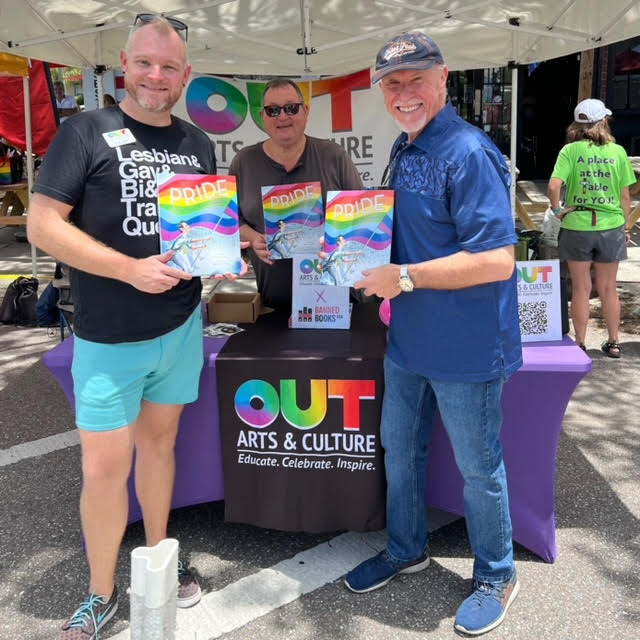Florida is one the most diverse and fastest growing states in the United States. It is also, tragically, the epicenter of book banning in America. Thousands of books have been banned from public schools and libraries in an attempt to silence dissenting voices that explore the experiences of diverse, marginalized, and underrepresented communities. To be clear, these are not fringe, controversial titles—we’re talking about Harry Potter and the Sorcerers’ Stone; four of Nobel Laureate Toni Morrison’s books (Beloved, Song of Solomon, The Bluest Eye, and Sula); Slam!, Monster, and other classic young adult novels by Walter Dean Myers; and, depressingly, books about book banning, like Ray Bradbury’s Fahrenheit 451.
Banned Books USA stepped into the breach and worked to counteract the pernicious effects of censorship for the past year. Conceived and supported by Paul English and Joyce Linehan, in partnership with Bookshop.org and Electric Literature, Banned Books USA gave Florida residents free access to over 900 censored books. Any state resident could order a banned book for the cost of shipping via the Banned Books USA website. As a result, nearly 1000 books were mailed to individuals from Pensacola to Key West.

In order to foster community strength and have the broadest impact possible, Banned Books USA also made targeted donations to sixteen Florida organizations—providing Gainesville’s Pride Community Center of North Central Florida with 100 banned books for their LGBTQ+ community library and Read Aloud Florida with books to giveaway at their children’s storytelling series, among so many other vital groups. Altogether, Banned Books USA donated 2362 books, sponsored 14 events, and impacted the lives of thousands of vulnerable Florida residents.
In 2024, Banned Books USA donated to:
- SEE Alliance (Sarasota)
- Unitarian Universalist Congregation of Venice (Venice)
- Broward County Democratic Socialists of America (Fort Lauderdale)
- GLSEN Collier (Naples)
- Zebra Youth (Orlando)
- Out Arts & Culture (Gulfport)
- Pridelines (Miami)
- Read Aloud Florida (Sarasota)
- Orlando Youth Alliance (Orlando)
- Osceola Youth Alliance (Kissimmee)
- Naples Pride (Naples)
- STAMPED Film Festival (Pensacola)
- Pride Community Center of North Central Florida (Gainesville)
- 451 Avengers (Riviera Beach)
- Free to be Florida (St. John’s County)
- Leer para Crecer (Santa Rosa Beach)

Banned Books USA sponsored events made an effort to reach Florida teens and young adults who are unable to access stories that reflect their experiences. One of over fifty high school students who attended GLSEN Collier County’s Night of the Noise prom went home with Alice Oseman’s graphic novel Heartstopper and told organizer Amy that “It was the first book that made me feel seen.”

At a Read Aloud Florida event, an African American community leader and guest reader was struck so deeply by Lupita Nyong’o’s Sulwe that he fell silent and began sharing the personal story of his granddaughters growing up with the gathered crowd.

While giving away Pride: The Story of Harvey Milk and the Rainbow Flag at the St Petersburg Pride festival, OUT Arts & Culture board president, Paul Raker, was surprised to have the book’s author, Rob Sanders, serendipitously appear and sign every single copy they gave away!
The books that Banned Books USA donated became beacons of light and helped create space for community engagement. Across age, identity, class, and cultural background, people need to see themselves represented to feel seen, have their personhood recognized and, in turn, recognize the personhood of others. Literature is the oldest, and maybe the best, way people have of telling their stories. The leader of Orlando Youth Alliance, Michael Slaymaker, put it best in his thank you note to Banned Books USA: “You made the difference in a child’s life today.” As of October 31st, Banned Books USA has spent down the book funds that were the result of a one-time donation from Paul English and additional community support, but the fight against censorship and book banning is far from over. In the coming years, it will take a diverse coalition to insist on the right to read widely, dangerously, and freely.
Read the original article here
